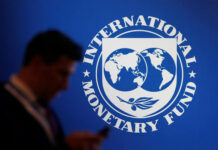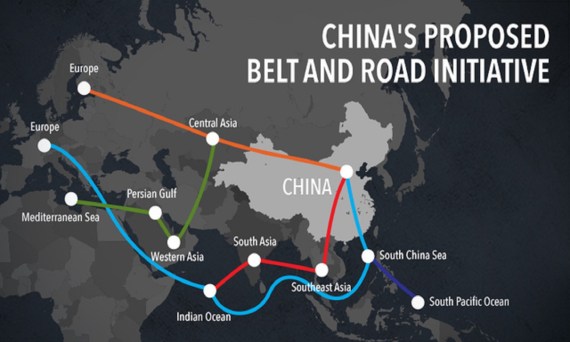As revealed in a post published in the Washington Times, sixteen bipartisan senators have written a letter to the Trump administration about their alarm that Pakistan could soon request an International Monetary Fund (IMF) bailout loan to repay China for a series of “predatory Chinese infrastructure financing” projects.
In the letter to Treasury Secretary Steven T Mnuchin and Secretary of State Mike Pompeo, the senators asked how the Trump administration plans to address the dangers of China’s so-called Belt and Road Initiative (BRI), which they argue seeks to leverage lending into strategic military footholds across Asia.
“As financially strapped countries negotiate with China to free themselves of mounting debt, Beijing has extracted onerous concessions, including equity in strategically important assets,” the senators wrote on August 3. “Further, Beijing has repeatedly used economic pressure to affect foreign policy decisions.”
The letter detailed Beijing’s “debt-trap diplomacy” to nurture dependence from its borrowers — and the threat that poses to US national security. Washington foreign policy experts generally view Beijing’s BRI projects as veiled Chinese military expansion.
“It is apparent that … the goal for the [Belt and Road Initiative] is the creation of an economic world order ultimately dominated by China,” they wrote. “It is imperative that the United States counters China’s attempts to hold other countries financially hostage and force ransoms that further its geo-strategic goals.”
The letter noted two specific instances of concern, Sri Lanka’s Hambantota port and Pakistan’s Gwadar port on the Arabian Sea near the Pakistan-Iran border.
Last year, Sri Lanka failed to repay more than $1 billion of Chinese debt. Instead, it granted a Chinese state-run firm a 99-year lease on the Hambantota port, which Beijing financed. Lawmakers now fear a similar scenario could play out at the Gwadar port as Islamabad scrambles to repay Chinese RBI loans.
























